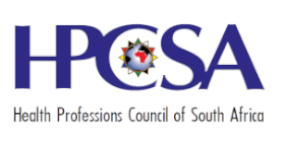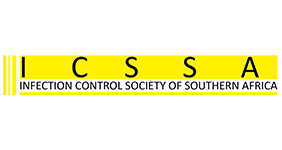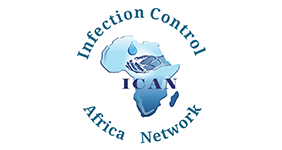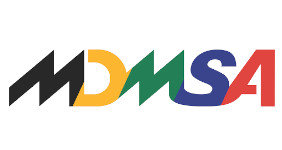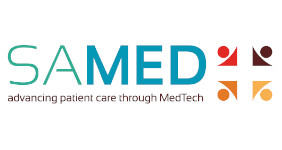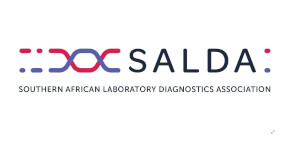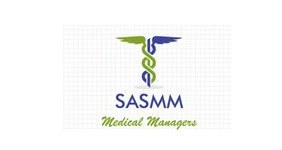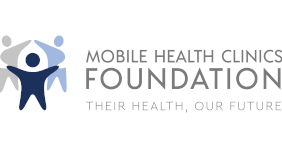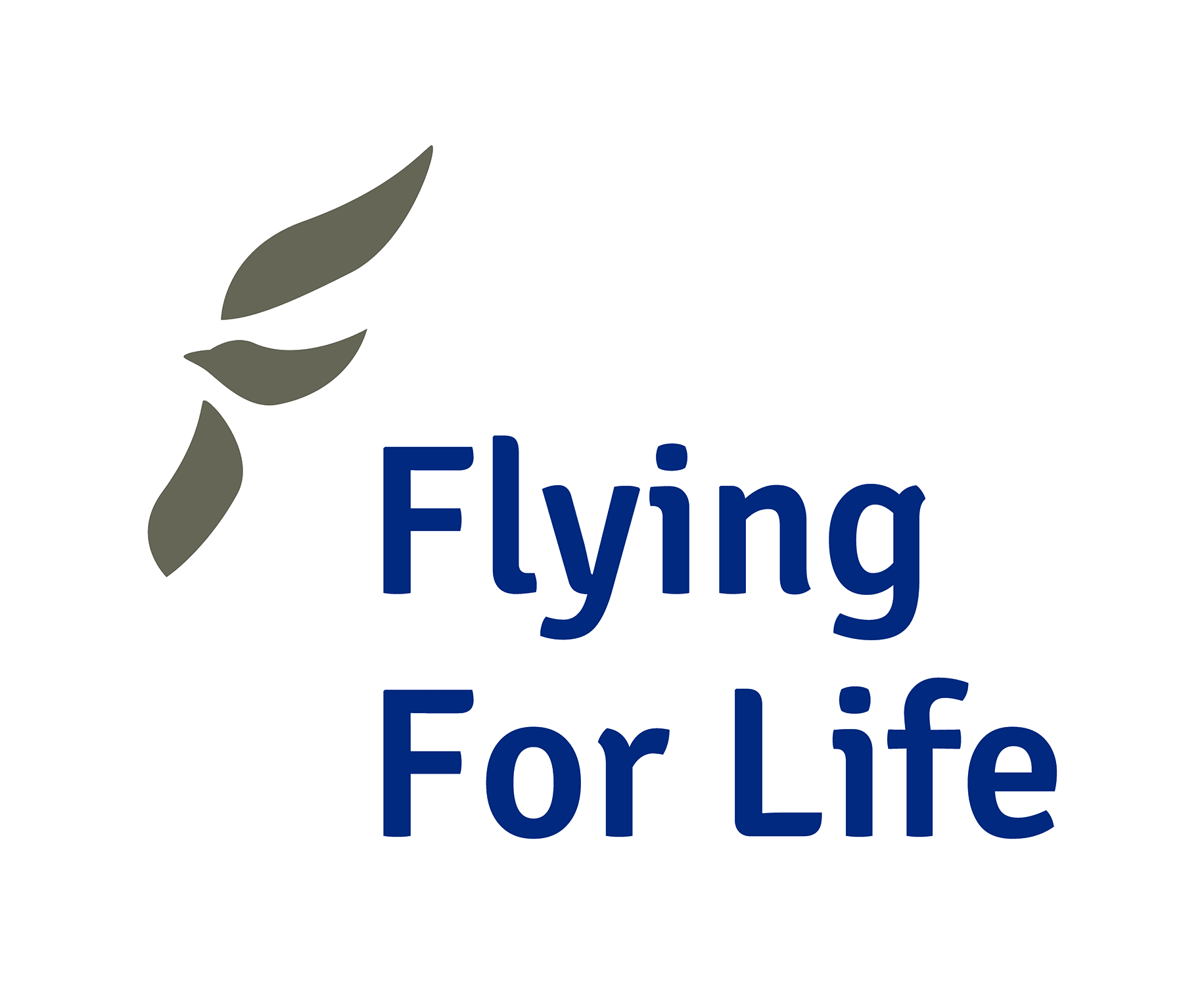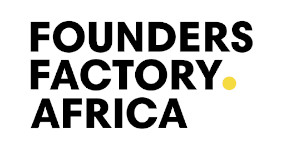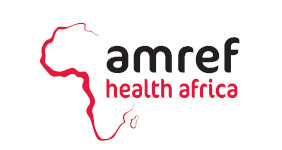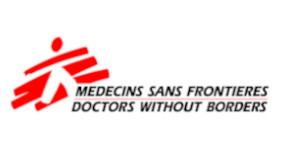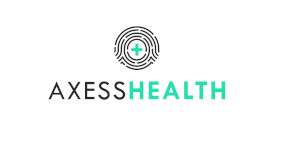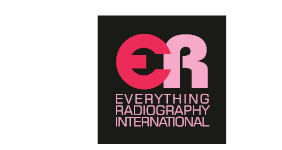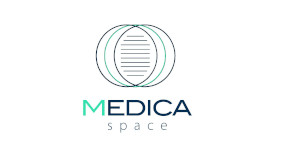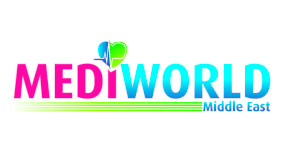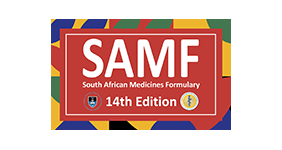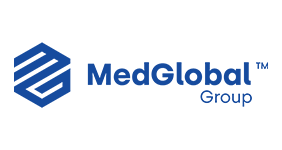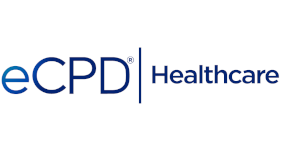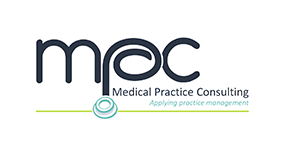Industry insights
2024 Reports
Healthcare in Cape Town: Growth Prospects for Dealers and Distributors
Cape Town has a population of nearly 5 million and GDP of 489 billion South African rand (USD 26 billion). The town's prominence in the healthcare trade market extends beyond its bustling port.It houses some of the best medical infrastructure with a sophisticated health system comprising of public facilities, private clinics, hospitals and medical schemes.
The city also boasts of one of the highest densities of medical equipment and healthcare firms in the country.
Take a look at our latest report discussing the healthcare transformation boom in Cape Town.
2023 Reports
Trends in Healthcare for 2023
The African healthcare landscape with South Africa at its forefront is potentially poised for significant growth and transformation in 2023.
The ongoing digital revolution coupled with a focus on achieving universal health coverage positions the continent for a brighter healthcare future. Also, private sector expansion and the integration of emerging technologies such as AI, machine learning, and IoT will play a crucial role in driving innovation and improving patient outcomes.
Take a look at our trends report that discusses the state of the current African market.
Transforming Healthcare in Africa in 2023
In the wake of the global pandemic, the pharmaceutical and healthcare sectors across Africa, including South Africa – the continent's largest economy - are experiencing a positive transformation driven by digital advancements and a renewed focus on improving patient outcomes.
Research suggests that by embracing digital transformation, countries like Kenya, Nigeria, and South Africa have the potential to achieve up to 15% efficiency gains in total healthcare expenditures by 2030.
Take a look at our latest report discussing the healthcare transformation boom in SA.
2020 Reports
Market Insights: Healthcare Market for South Africa
Healthcare expenditure in South Africa is evenly distributed between the public and private sectors, although inequality persists in the quality of healthcare services.
Fitch Solutions expect the South African healthcare market to increase at a CAGR of 4.7% over five years from 2017 to reach a value of US$37 billion by 2022. They also expect a similar growth rate over the next decade to reach a value of US$47.1 billion by 2027.
Market Insights: South Africa Medical Devices Market
The South Africa medical device market will register a 9.1% CAGR between 2017-2018 according to a recent Fitch Solutions report. This significant growth will raise the market to USD 1.27 bn by 2018.
A substantial portion of medical device and lab equipment exports are sent to other parts of Africa, with 12 African nations featuring in its top 20 export destinations last year.
Industry Insights: South Africa Healthcare Market Overview
South Africa currently runs a two-tiered healthcare system, comprising of the public and the smaller, rapidly -growing private sector. The country spent 9% of its GDP on healthcare in 2017, which is 4% higher than the WHO’s recommended spending for a country of its socioeconomic status. Despite this high expenditure, health outcomes are still trailing in comparison with similar middle-income countries, mostly due to the inequities between the public and private sectors.
2019 Reports
Healthcare in Sub-Saharan Africa: What are the answers?
While the progress towards Universal Health Coverage may be slow, the continent looks poised to adopt localised solutions for very regional problems.
For a continent that accounts for 25% of the world disease burden, the healthcare space in Sub-Saharan Africa requires holistic approaches across several verticals to attract the required investment to tackle the growing challenges across the region. According to a report by the IFC, the private-sector arm of the World Bank, it is estimated that by 2022, Africa will need US$25 billion - US$30 billion in investment in physical healthcare assets alone, including hospitals and clinics. Analysis by Frost & Sullivan suggests that, generally, the growth of the Sub-Saharan Africa healthcare market for 2018-2019 will be hampered by the slow down in economic growth across the continent (an average of between 4% and 6%). While this has an effect in multiple areas, this has seen smartphone sales growth reduce from double to single digits since 2016 and will have a direct effect on mHealth.
Integrating Africa: Bridging the Health Gap
Africa’s population is growing rapidly. Over the past 20 years, it has increased annually by 2.5% and is expected to rise to 2.4 billion by 2050. Africa also bears 25% of the global disease burden and is served by merely 2% of the world’s healthcare workforce. As the population booms, there will be an increasing need for high quality, accessible healthcare services to achieve universal health coverage (UHC), where all people will have the health services they need without facing financial hardship. The target to achieve UHC by the year 2030 was set out in Sustainable Development Goal (SDG) 3 and provides a goal for the continent to work toward.
Bringing Africa’s healthcare industry together
Africa Health is an essential platform to conduct healthcare business in the continent – attracted over 10,500 attendees from all over the globe to meet with 560 exhibiting companies in 2018. Our first-class exhibition, combined with high-quality accredited medical conferences, has continued to grow and bring investment and new technologies into the Sub-Saharan Africa healthcare community.
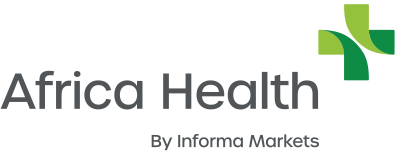
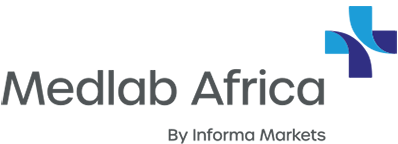
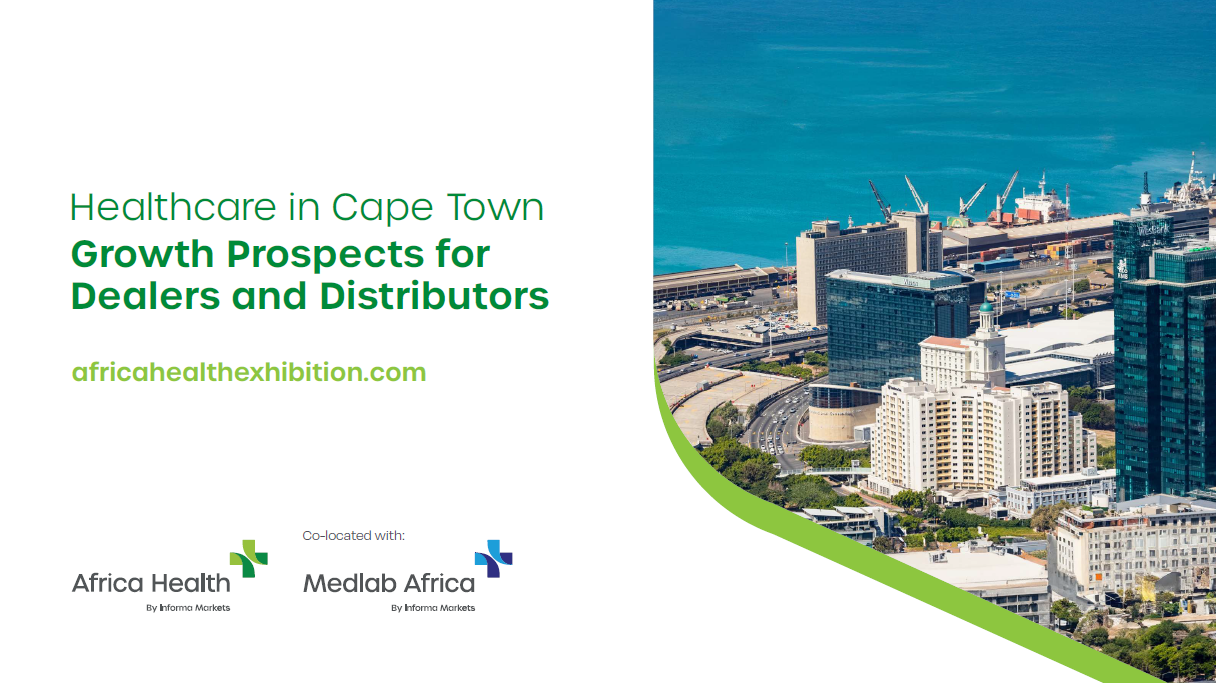

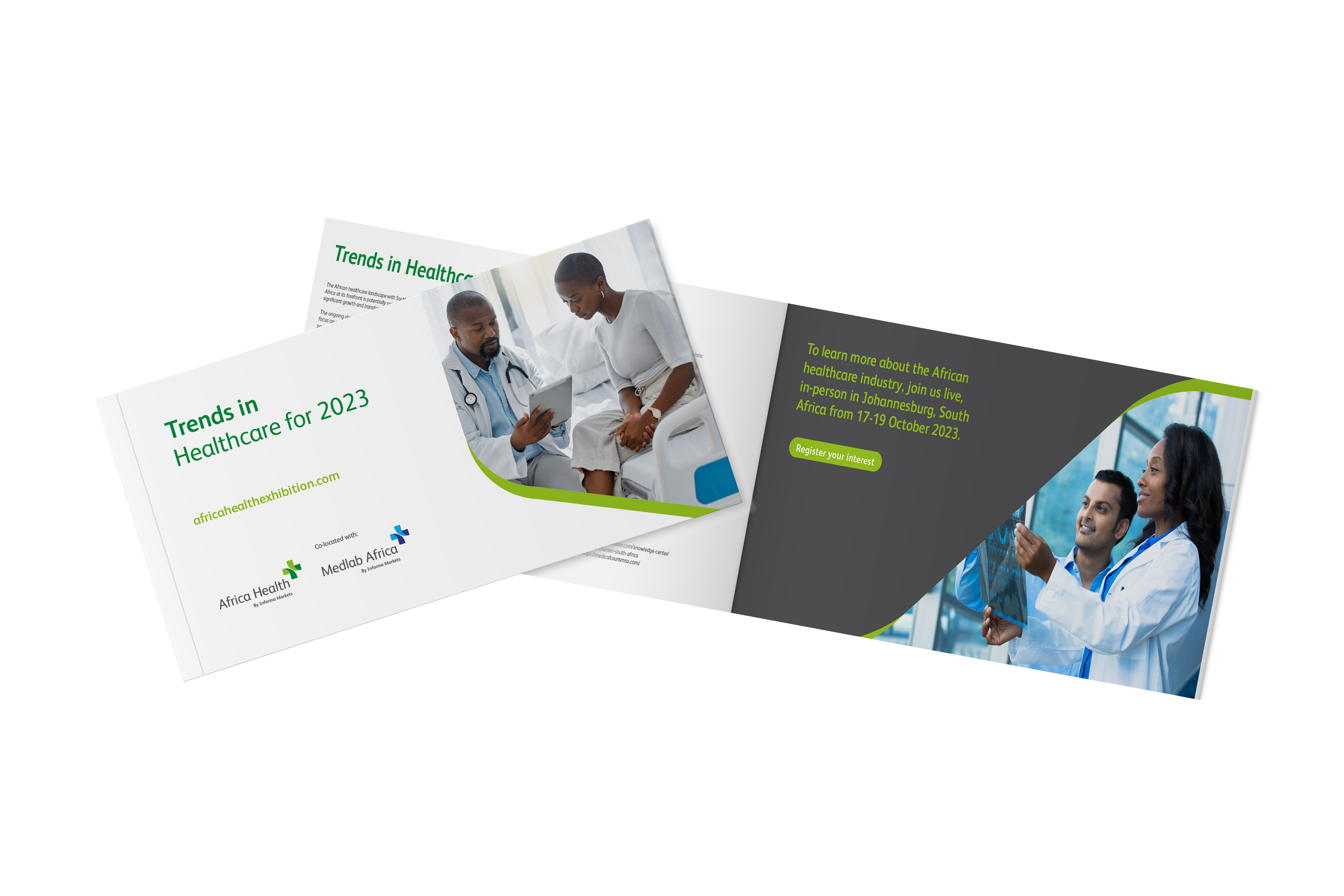
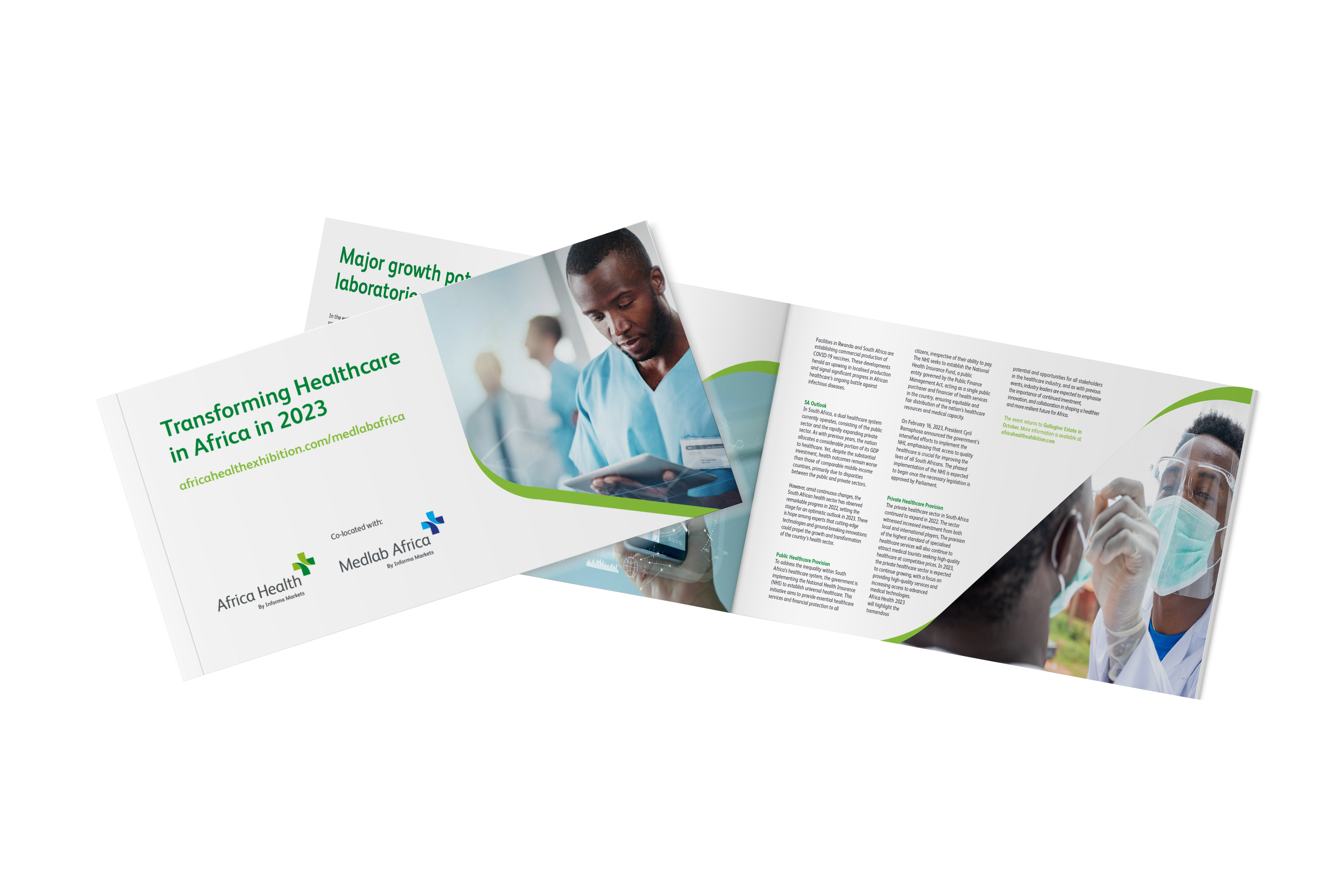
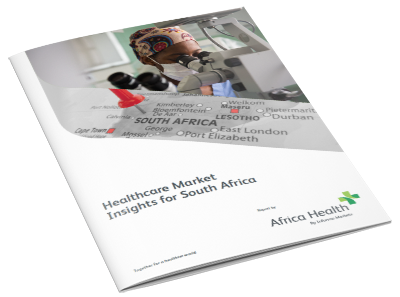
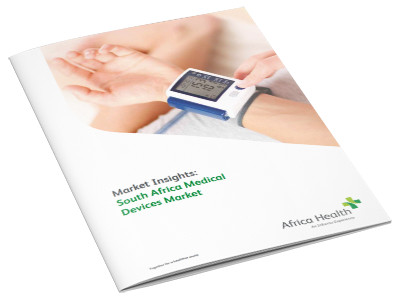
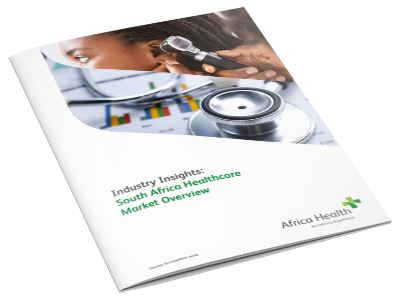
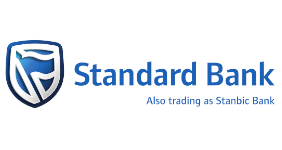

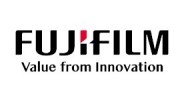


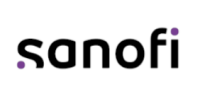


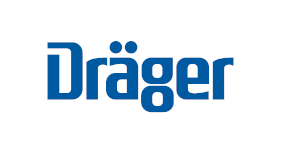
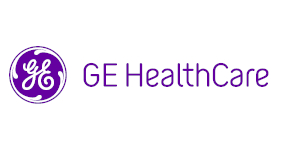
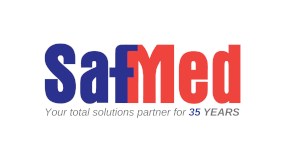


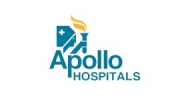

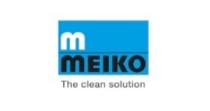

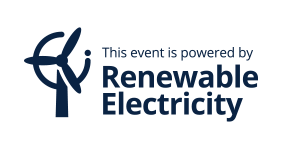
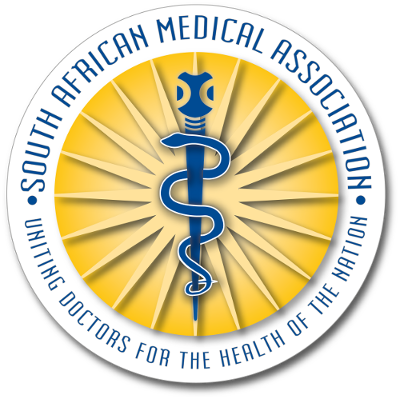
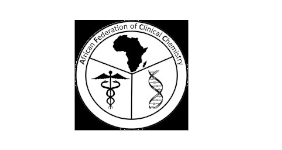

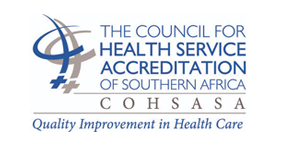
.png)
